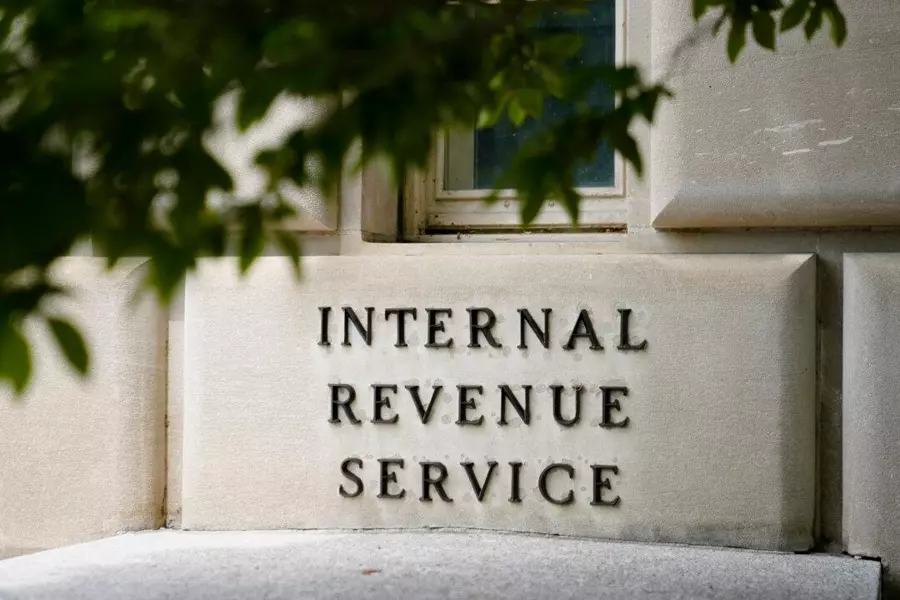The Free File program is a public-private partnership that has been operational for over two decades. Through this initiative, eligible taxpayers can file their federal tax returns at no cost using online software provided by private sector companies. This service can be accessed exclusively through the IRS’s website and has grown in popularity as an alternative to traditional filing methods preferred by millions of Americans.
IRS Commissioner Danny Werfel highlighted the program’s significance, stating that it remains a crucial aspect of the IRS portfolio aimed at helping taxpayers file their taxes for free. The Free File program experienced growth this year, and the collaboration with the tax software industry is expected to continue.
For the 2023 tax year, individuals with an Adjusted Gross Income (AGI) of $79,000 or less were eligible to use the Free File program. Eight private-sector partners, including renowned providers like TaxAct, TaxSlayer, and TaxHawk (FreeTaxUSA), offer guided tax software products through this program. The IRS ensures that all participating companies adhere to strict security and privacy standards to protect taxpayer information.
Taxpayers with an AGI over $79,000 could utilize the IRS’s Free File Fillable Forms, which provide a free option for preparing and filing federal taxes. The Volunteer Income Tax Assistance and Tax Counseling for the Elderly programs prepared 2.6 million tax returns this season, reflecting a growth of 200,000 returns compared to the previous year.
The IRS also experimented with a Direct File pilot program, allowing taxpayers to file directly with the IRS for the first time this year. This initiative attracted several hundred thousand participants from 12 states, with 140,803 taxpayers utilizing the service to file their federal returns. Eligible taxpayers from Arizona, California, Florida, Massachusetts, Nevada, New Hampshire, New York, South Dakota, Tennessee, Texas, Washington, and Wyoming could access this service.
The IRS initially rolled out Direct File to only certain taxpayers in those states but planned a full-scale launch for all taxpayers in those states before the end of the 2023 tax season. Early users provided positive feedback on the new option. However, a coalition of 13 Republican Attorneys General expressed strong opposition to Direct File, labeling it an unnecessary and unconstitutional expansion of IRS authority. They argued that this system creates a conflict of interest, as the IRS would act as both tax preparer and auditor, which could disproportionately affect low-income and vulnerable Americans while threatening the livelihood of small tax preparation businesses.

